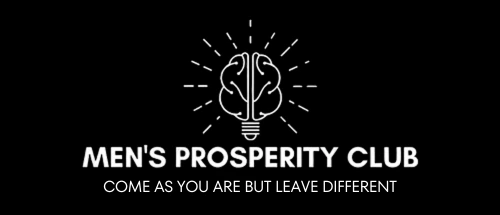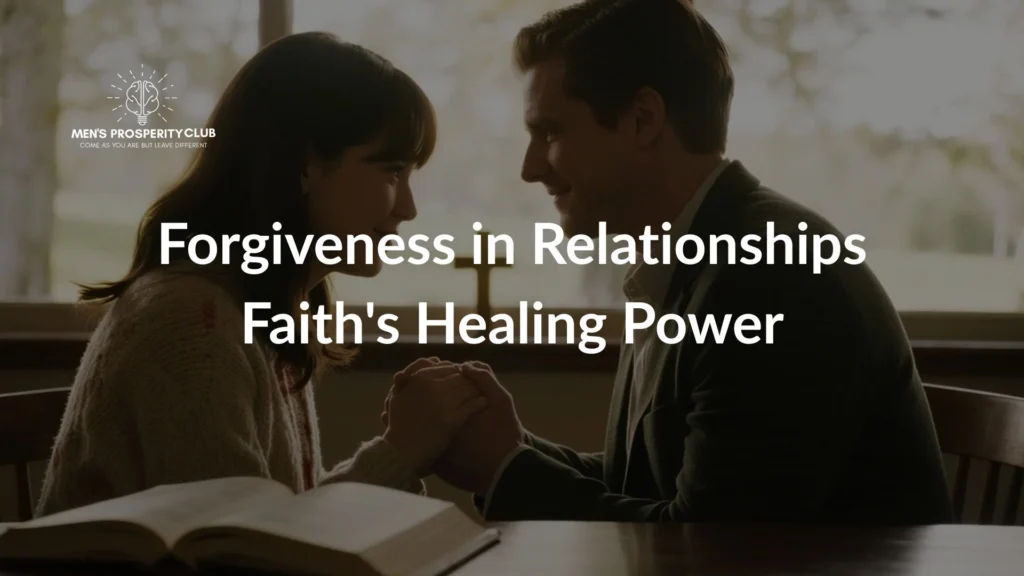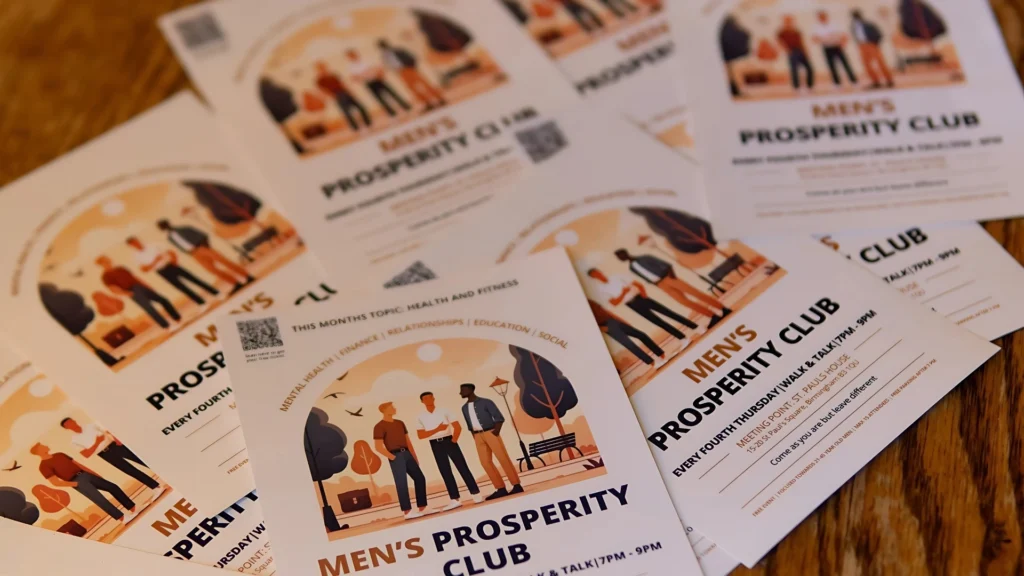Forgiveness stands as one of humanity’s most profound acts, particularly within the sacred bonds of relationships. When couples navigate the turbulent waters of hurt, betrayal or disappointment, forgiveness emerges as both a lifeline and a bridge towards healing. Moreover, faith plays a transformative role in this journey, offering strength, guidance and hope when human willpower alone falls short.
Understanding Forgiveness Beyond Surface Level
Forgiveness transcends simple words like “I’m sorry” or “It’s alright.” Instead, it represents a deliberate choice to release resentment, anger, and the desire for revenge. Furthermore, genuine forgiveness requires both partners to engage in honest self-reflection and vulnerability.
Many people mistakenly believe forgiveness means forgetting or excusing harmful behaviour. However, true forgiveness acknowledges the pain whilst choosing to move beyond it. Additionally, forgiveness doesn’t always require reconciliation, particularly in cases involving abuse or repeated betrayal.
The process begins with recognising the hurt and allowing oneself to feel the full weight of the pain. Subsequently, individuals must decide whether they’re willing to embark on the challenging journey towards forgiveness. This decision often requires tremendous courage and, importantly, time.
Faith as the Foundation for Forgiveness
Religious traditions across the globe emphasise forgiveness as a cornerstone of spiritual growth. Christianity, for instance, teaches that believers should forgive “seventy times seven” times, highlighting the unlimited nature of divine forgiveness. Similarly, Islam emphasises that forgiveness brings one closer to righteousness, whilst Judaism speaks of teshuvah, or repentance, as a pathway to restoration.
Faith provides several crucial elements that strengthen the forgiveness process. Firstly, it offers a framework for understanding human imperfection and the need for grace. Secondly, religious teachings provide practical guidance on how to forgive, even when emotions run high. Thirdly, faith communities offer support systems that encourage and sustain individuals through difficult periods.
Prayer and meditation become powerful tools in this journey. Through these practices, individuals often find the strength to forgive when their human capacity feels exhausted. Additionally, many find that connecting with their faith helps them see their partner through more compassionate eyes.

The Science Behind Forgiveness and Wellbeing
Research consistently demonstrates that forgiveness benefits both physical and mental health. Studies reveal that people who practise forgiveness experience lower blood pressure, reduced stress hormones, and improved immune function. Furthermore, forgiveness correlates with decreased anxiety, depression and chronic pain.
Relationships also flourish when forgiveness becomes a regular practice. Couples who forgive effectively report higher satisfaction, deeper intimacy, and greater resilience during challenging times. Consequently, these relationships tend to last longer and experience fewer recurring conflicts.
The act of forgiveness releases neurochemicals that promote bonding and reduce stress. Therefore, forgiveness literally rewires the brain for healthier relationship patterns. This scientific backing supports what faith traditions have taught for millennia.
Practical Steps Towards Forgiveness in Relationships
Beginning the forgiveness journey requires intentional steps that couples can take together or individually. Initially, both partners must acknowledge the hurt and take responsibility for their actions. This step prevents minimising or deflecting blame, which only delays healing.
Communication plays a vital role throughout this process. Partners should express their feelings honestly whilst listening with empathy and patience. However, timing matters significantly; attempting serious conversations during heated moments rarely produces positive outcomes.
Creating boundaries becomes essential, particularly when trust has been broken. These boundaries protect both individuals whilst allowing space for healing. Additionally, professional counselling can provide neutral ground for difficult conversations and offer tools for healthy communication.
Faith-based couples might incorporate prayer, scripture study, or spiritual counselling into their healing process. These practices often provide comfort and guidance when human wisdom feels insufficient. Moreover, many find that praying together strengthens their bond and commitment to forgiveness.
Overcoming Common Obstacles to Forgiveness
Pride frequently stands as the greatest barrier to forgiveness. Many individuals struggle to admit their mistakes or accept their partner’s apology due to wounded ego. However, recognising that everyone makes mistakes can help humble the heart towards forgiveness.
Fear presents another significant obstacle. People fear that forgiving means becoming vulnerable to future hurt. Nevertheless, this fear often keeps individuals trapped in cycles of resentment and bitterness. Faith can provide courage to take the risk of forgiveness, trusting in divine protection and guidance.
Some individuals believe they must feel ready to forgive before taking action. Conversely, forgiveness often begins as a choice of the will rather than an emotion. Feelings typically follow the decision to forgive, not the other way around.

The Transformative Power of Mutual Forgiveness
When both partners commit to forgiveness, relationships often emerge stronger than before the crisis. This transformation occurs because working through difficulties together builds resilience, understanding, and deeper intimacy. Additionally, couples learn valuable skills for handling future challenges.
Mutual forgiveness creates an environment where both partners feel safe to be vulnerable and authentic. This safety encourages emotional intimacy and prevents the buildup of resentment over minor issues. Furthermore, couples who forgive regularly model healthy conflict resolution for their children and communities.
The process often reveals hidden strengths within the relationship. Partners discover their capacity for grace, patience, and unconditional love. These discoveries frequently deepen their appreciation for each other and their commitment to the relationship.
Forgiveness as a Lifelong Practice
Successful relationships recognise that forgiveness isn’t a one-time event but rather an ongoing practice. Daily interactions provide numerous opportunities for small acts of forgiveness, preventing major conflicts from developing. Therefore, couples benefit from cultivating forgiveness as a habit rather than a crisis response.
Regular spiritual practices can support this ongoing commitment to forgiveness. Whether through daily prayer, meditation, or community worship, maintaining connection with one’s faith provides strength for the forgiveness journey. Additionally, studying religious texts about forgiveness offers fresh insights and motivation.
Building Relationships That Last
Forgiveness, supported by faith, creates the foundation for relationships that withstand life’s inevitable storms. When couples choose forgiveness over resentment, grace over grudges and love over bitterness, they build something beautiful and enduring.
The journey isn’t easy, and it requires commitment from both partners. However, the rewards—deeper intimacy, greater peace and stronger bonds—make the effort worthwhile. Faith provides the strength, wisdom and hope necessary for this transformative process.
Ultimately, forgiveness reflects the best of human nature and divine grace working together. Through this powerful combination, ordinary relationships become extraordinary testimonies to love’s triumph over hurt, hope’s victory over despair and faith’s ability to heal even the deepest wounds.




